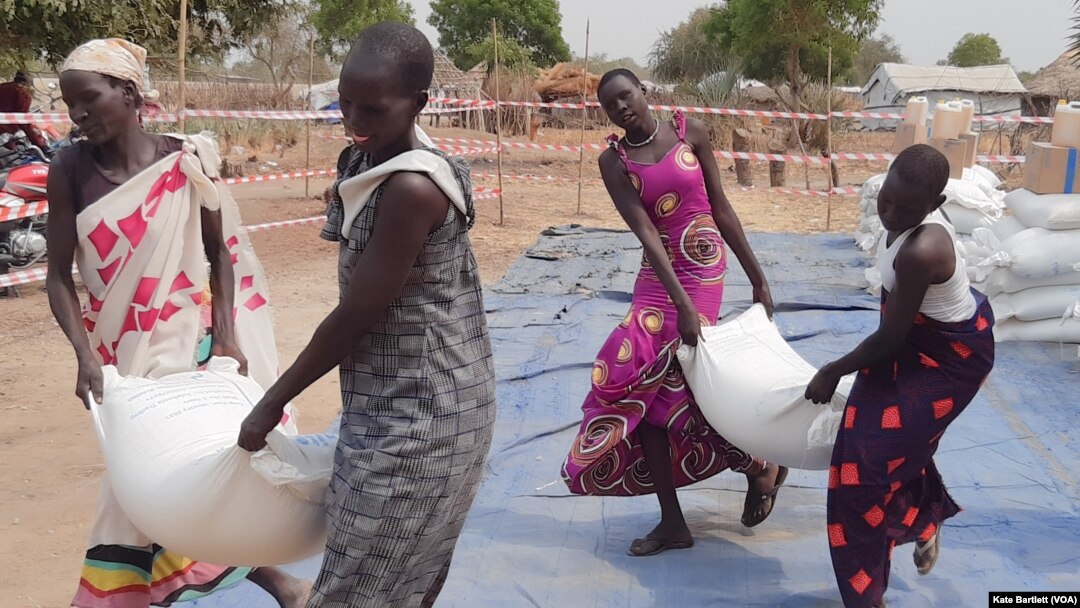The EU food funds include 150 million euros ($158 million) in humanitarian assistance for African, Caribbean and Pacific nations and 350 million euros to boost sustainable food production in the longer term.
"Russia's war of aggression is taking a heavy and senseless toll, not only on the Ukrainian population but also those most vulnerable around the world," European Commission chief Ursula von der Leyen said.
"Russia is still blocking millions of tons of desperately needed grain. To help our partners we will mobilize an additional 600 million euros to avoid a food crisis and an economic shock."
The West and Ukraine accuse Moscow of trying to pressure them into concessions by blockading vital grain exports via the Black Sea to ratchet up fears of global famine.
But the EU has struggled to counter the Kremlin's claims, which attribute rising prices and shortfalls in the Middle East and Africa to the bloc's sanctions imposed on Russia.
EU foreign policy chief Josep Borrell on Monday called Russia's blockade "a real war crime" and warned that Moscow would be held responsible if it keeps on stopping exports.
The EU backs United Nations efforts to mediate a deal between Ukraine, Russia and Turkey to get the grain out, but this has failed to make headway so far.
Brussels is trying to increase exports from Ukraine using railway routes, but there is not enough capacity to take out more than a fraction of the stranded stocks.





